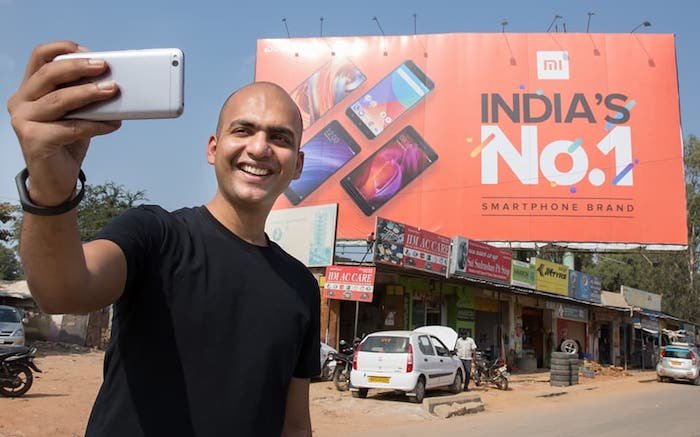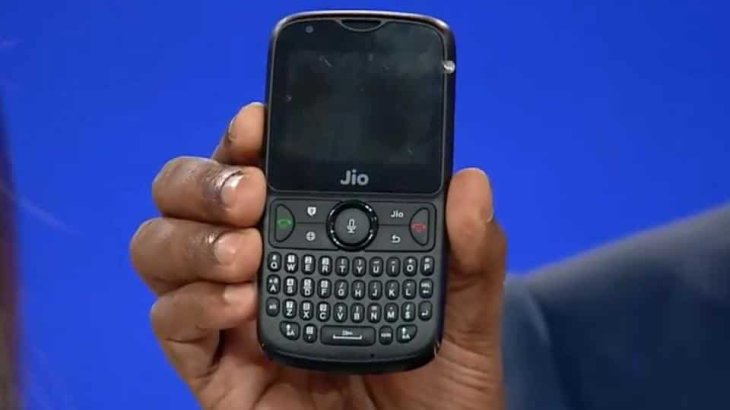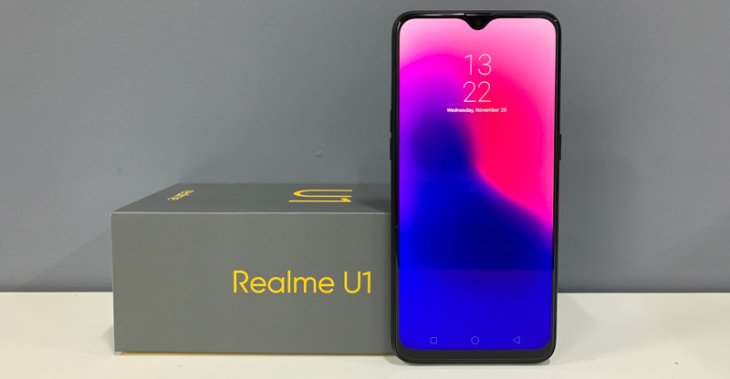Xiaomi Becomes India's Biggest Smartphone Vendor, Surpasses Samsung: Counterpoint
Karamchand Rameshwar - Jan 29, 2019

The Chinese phone maker Xiaomi surpasses Samsung to be the biggest smartphone vendor in the Indian market in 2018, according to Counterpoint.
- Anticipating the Samsung Galaxy S26 and S26+: Key Rumors and Specs
- Xiaomi Launches Affordable Tracker to Compete with Apple's AirTag
- Best Gaming Phones 2025: Top Devices for Mobile Gaming
In 2018, the phone shipment figure in the Indian market was 330 million units shipped, and 44 percent of them were smartphones. The Chinese phone maker Xiaomi is in the leading position in the mobile industry in India with 28 percent market share which is 4 percent higher than the world’s biggest phone vendor Samsung.

That is a significant increase in mobile segment’s market share since 2017 while Xiaomi’s biggest contenders Vivo, Oppo, and Samsung were still stuck in place.
Xiaomi reached the highest record ever in the Indian market and expanded its presence in offline markets. That said, smartphone shipments from online channels occupied 36 percent of total volume thanks to Amazon and Flipkart.
India is currently the world’s second-biggest smartphone market with over 430 million users. However, that is not even near half of the potential market so there is still plenty of room for phone makers to grab.
Besides smartphones, feature phone market has also been growing as well. It even has a faster growth rate compared to the smartphone market.

Jio is currently in the top position with 38 percent of feature phone market share while Samsung has been on a significant slump. Jio is also the leader in the overall market, including smartphones and feature phones while HMD Global with Nokia brand saw a slight growth.
These pieces of data are provided by Counterpoint Research, which claims that the market of both feature phones and smartphones are still very potential for phone makers. Realme, a new player which just joined the game in India in Q2 last year, managed to climb to the top 5 in just three quarters since it started operating, even knocking out its parent company Oppo. The phone maker reached the 4-million-user mark at the fastest pace.

But Realme is not the only phone vendors that have been seeing a significant growth rate as Tecno was the fastest growing phone brand (proportionally) with a growth rate of 221 percent in last year thanks to its expanded presence in the offline market. It is followed by Huawei’s sub-brand, Honor, with 183 percent growth rate, Infinix with 146 percent growth rate, and HMD with 138 percent growth rate.
OnePlus with 58 percent year on year growth rate is the fastest growing high-end phone brand in India. In general, the Indian market is shifting towards more high-end phones with the Rs. 20,000 - Rs. 30,000 saw the fastest growing rate while it was Rs. 10,000 - Rs. 15,000 that saw the biggest growth in 2017.
Featured Stories

ICT News - Feb 18, 2026
Google's Project Toscana: Elevating Pixel Face Unlock to Rival Apple's Face ID

Mobile - Feb 17, 2026
Anticipating the Samsung Galaxy S26 and S26+: Key Rumors and Specs

Mobile - Feb 16, 2026
Xiaomi Launches Affordable Tracker to Compete with Apple's AirTag

Mobile - Feb 14, 2026
Android 17 Beta 1 Now Available for Pixel Devices

Mobile - Feb 12, 2026
What is the Most Powerful Gaming Phone Currently?

Mobile - Feb 11, 2026
Top 5 Cheap and Efficient Gaming Phones in 2026

Mobile - Jan 31, 2026
Generalist vs Specialist: Why the Redmi Note Series Remains Xiaomi's Easiest...

Mobile - Jan 30, 2026
Motorola Unveils Moto G67 and Moto G77: 5200mAh Battery, 6.78-Inch AMOLED Display,...

Mobile - Jan 30, 2026
Red Magic 11 Air Debuts Worldwide: Snapdragon 8 Elite Powerhouse with Advanced ICE...

Mobile - Jan 29, 2026
Guide to Sharing Your Contact Card via the mAadhaar App
Read more

ICT News- Feb 19, 2026
Escalating Costs for NVIDIA RTX 50 Series GPUs: RTX 5090 Tops $5,000, RTX 5060 Ti Closes in on RTX 5070 Pricing
As the RTX 50 series continues to push boundaries in gaming and AI, these price trends raise questions about accessibility for average gamers.

ICT News- Feb 21, 2026
AI Coding Agent Causes Major AWS Outage at Amazon
In a striking example of the risks associated with deploying advanced AI in critical systems, Amazon Web Services (AWS) recently faced multiple outages attributed to its own AI coding assistants.

ICT News- Feb 20, 2026
Tech Leaders Question AI Agents' Value: Human Labor Remains More Affordable
In a recent episode of the All-In podcast, prominent tech investors and entrepreneurs expressed skepticism about the immediate practicality of deploying AI agents in business operations.
Comments
Sort by Newest | Popular